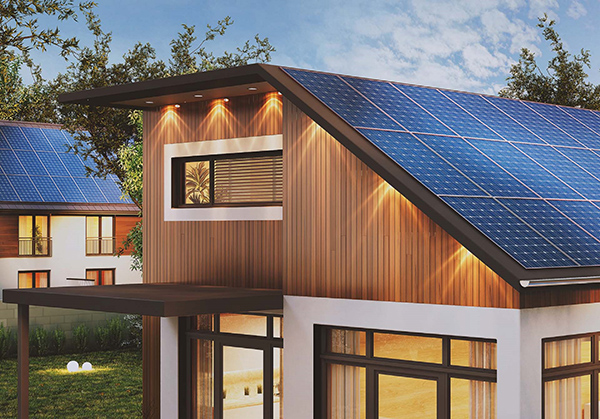While solar power systems and inverters have become an almost necessity in South Africa thanks to loadshedding, there are still risks associated with them, especially the inverter system if it is not operated and managed correctly. “Users need to be aware of the potential fire risk,” explains Michael van Niekerk, the CEO of risk consultants ASP Fire. “This includes overheating or short-circuits in the battery or other electrical parts that could result in an explosion.”
 Solar inverters are core to solar power systems as they convert direct current (DC) produced by photovoltaic (PV) panels into alternating current (AC) to power the house. “There are factors that can cause a solar inverter to catch alight,” say Van Niekerk. “It can simply be the naturally high temperature of its operating environment, compounded by the equipment generating heat as it inverts and transforms high-voltage electricity. Potential short-circuits can also be caused by a lack of maintenance, improper installation, poor quality equipment or even natural debris that finds its way into the equipment.”
Solar inverters are core to solar power systems as they convert direct current (DC) produced by photovoltaic (PV) panels into alternating current (AC) to power the house. “There are factors that can cause a solar inverter to catch alight,” say Van Niekerk. “It can simply be the naturally high temperature of its operating environment, compounded by the equipment generating heat as it inverts and transforms high-voltage electricity. Potential short-circuits can also be caused by a lack of maintenance, improper installation, poor quality equipment or even natural debris that finds its way into the equipment.”
Ironically, having your solar system connected to the national grid can also cause trouble in some circumstances, explains Van Niekerk. “Grid-tied solar systems are exposed to inrush current when the power is restored after loadshedding that can cause damage or fires, so it is important to have the system designed and signed off by a registered electrical engineer.” He adds, “Any failed component that short-circuits can result in a fire that spreads throughout the inverter, causing a domino effect.” Automatic fire suppression is important to quickly detect and suppress a fire so that the inverter is offline before the fire can spread to other components. This reduces the impact of any fire and prevents damage to other equipment and the immediate surrounds.
Van Niekerk recommends these general safety tips to prevent solar invertor short-circuits and fires:
- Position the inverter on a reasonably flat horizontal or vertical surface.
- Avoid positioning the inverter on or near heating vents, radiators or other sources of heat. Direct sunlight should also be avoided.
- Ensure the inverter is well ventilated so that heat being generated is correctly dispersed during regular operation phases.
- Keep the inverter dry. Do not expose the unit to moisture, and do not operate the inverter if any surface that is wet may come in contact with any power source. Water and many other liquids can conduct electricity and lead to serious injury, death or electrical fires.
- Do not use the inverter near flammable or combustible materials or position it in areas such as battery compartments where fumes or gases may build up.
“Fires will happen. The best thing that a user can do is to manage the safety and minimise risk,” says Van Niekerk. “People need to know and understand the fire risks, how to best mitigate those risk factors, and lastly how to manage a solar inverter fire should it occur.”
Enquiries: www.aspfire.co.za





